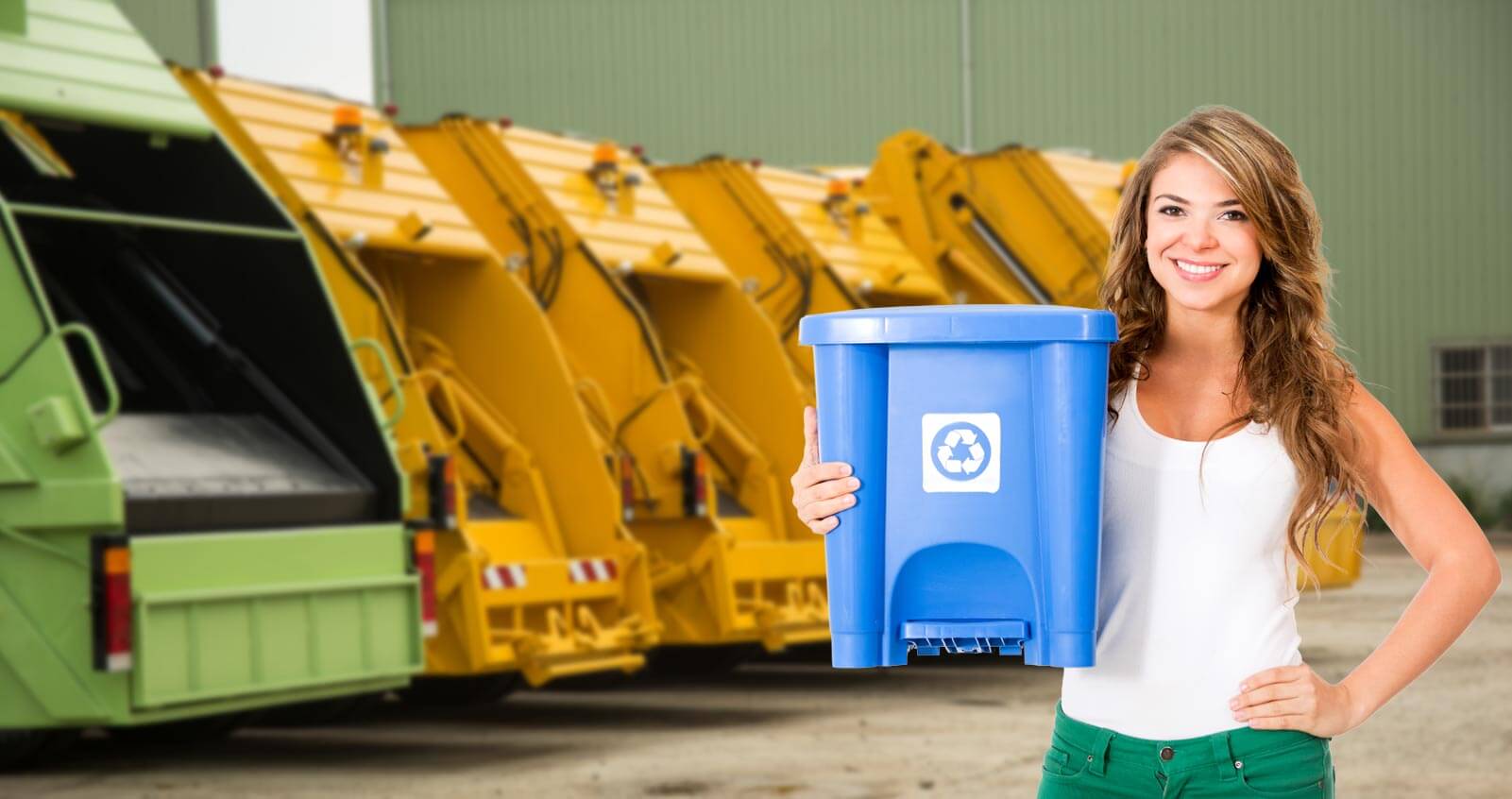Managing Excess Garbage at Home
Posted on 30/01/2025
In today's fast-paced world, the generation of waste has become a significant concern for households. Managing excess garbage is not only crucial for maintaining a clean and healthy living environment but also for reducing the impact on the planet. This article offers comprehensive strategies to manage excess garbage effectively at home.
Understanding the Sources of Household Waste
Before tackling the issue of excess garbage, it's essential to understand where it comes from. Household waste can be categorized into various types, each demanding different management approaches:
- Organic Waste: This includes kitchen waste like vegetable peels, fruit scraps, and leftovers. Proper management of organic waste is essential to minimize odors and pests.
- Recyclable Waste: Items such as paper, cardboard, glass, and certain plastics fall under this category. Recycling can significantly reduce the volume of waste that ends up in landfills.
- Non-recyclable Waste: This category includes items that are not suitable for recycling, such as certain plastics, metal, and composite materials.
- Hazardous Waste: Household items like batteries, chemicals, and electronic waste require special handling due to their potential harm to the environment.

Strategies for Reducing Household Waste
One of the most effective ways to manage garbage is by reducing the amount of waste generated. Here are practical strategies to achieve this goal:
Adopting a Minimalist Lifestyle
A minimalist lifestyle focuses on reducing excess consumption. By purchasing only what is necessary and avoiding impulse buying, households can significantly cut down on waste. Simplifying your living spaces also helps in identifying items that can be donated or repurposed instead of being thrown away.
Composting Organic Waste
Composting is an excellent way to manage organic waste. By setting up a compost bin in your backyard, you can convert kitchen scraps and yard waste into valuable compost for your garden. This not only reduces the volume of waste but also enriches the soil, promoting sustainable gardening practices.
Recycling Effectively
Understanding your local recycling guidelines is crucial for effective recycling. Separate recyclables from non-recyclables and clean them before placing them in the recycling bin. For items like glass and plastic bottles, consider using community recycling centers if curbside recycling is not available.
Creative Ways to Reuse and Repurpose
Instead of throwing things away, think of innovative ways to reuse and repurpose household items. Here are some ideas:
DIY Projects
Engage in DIY (Do It Yourself) projects to give a second life to items that would otherwise be discarded. For instance, old jars can be repurposed as storage containers, and worn-out clothing can be transformed into cleaning rags or craft materials.
Upcycling Furniture
Before getting rid of old furniture, consider upcycling. A fresh coat of paint or new upholstery can transform worn-out furniture into stylish, functional pieces, reducing the need for new purchases and cutting down waste.
Proper Disposal of Hazardous Waste
Hazardous waste needs careful handling to prevent environmental contamination. Here are steps to ensure safe disposal:
Identify Hazardous Items
Items such as batteries, paint, chemicals, and electronic waste are classified as hazardous. Check product labels for disposal instructions, and be aware of local regulations regarding hazardous waste management.
Utilize Community Hazardous Waste Programs
Many communities have designated collection days or drop-off points for hazardous waste. These programs ensure that harmful materials are disposed of safely and responsibly, preventing pollution and health risks.
Implementing Waste Reduction Programs at Home
Creating a structured waste reduction program within your household can streamline garbage management. Here are some practical steps:
Conduct a Waste Audit
Start by conducting a waste audit to identify the types and quantities of waste your household generates. This analysis will help you prioritize areas for improvement and track progress over time.
Set Up a Segregation System
Implement a clear waste segregation system. Use labeled bins for different types of waste--organic, recyclable, and non-recyclable. Encourage all household members to participate in proper segregation practices.
Educate and Involve Family Members
Engage everyone in the household by educating them about waste management principles. Hold regular discussions on the importance of reducing waste, recycling correctly, and following the established waste reduction program. Involvement and awareness contribute significantly to achieving long-term success in managing excess garbage.

Utilizing Technology for Waste Management
Innovations in technology offer practical solutions for managing household waste more efficiently:
Smart Waste Bins
Smart waste bins are equipped with sensors that detect when the bin is full and compact the waste, optimizing space usage. Some models also provide data on the types and quantities of waste, helping households better understand their waste patterns.
Waste Management Apps
Several mobile applications are designed to assist with waste management. These apps offer features like waste pickup schedules, recycling guides, and composting tips, making it easier for households to stay organized and informed.
Conclusion
Managing excess garbage at home is a multifaceted task that requires understanding, strategy, and commitment. By reducing waste generation, embracing reuse and recycling practices, properly disposing of hazardous materials, and leveraging technology, households can make significant strides in maintaining a clean, sustainable living environment. The collective efforts of individuals, combined with community programs and technological advancements, play a crucial role in addressing the challenges of household waste management.
By adopting these strategies, not only do we contribute to a healthier home but also to a cleaner planet. Making conscientious choices today will ensure a sustainable future for the generations to come.




